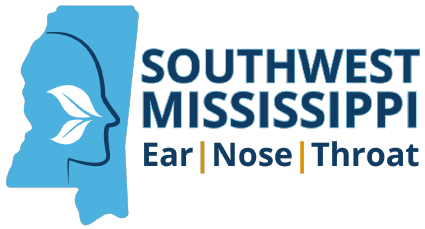Tonsils and adenoids are tissues found in the back of the throat. They are comparable to the lymph nodes found in the neck, groin, and armpits. Tonsils are two masses on the back of the throat, while adenoids are located high in the throat, behind the nose and the roof of the mouth (referred to as your soft palate). Adenoids are not visible through the mouth or nose without special instruments.
Tonsils and adenoids are located near the entrance of your breathing passages, where they can catch and “sample” infection-causing germs, bacteria, and viruses; they can become infected themselves. As part of the body’s immune system, they help by filtering out dangerous contaminants that can invade the body.
Tonsils and adenoids are part of the body’s immune system and play a key role in developing antibodies to germs, especially during the early years of life. As a person grows older, these structures naturally shrink and become less vital to immune function, which is why people who have them removed typically don’t experience negative effects.


